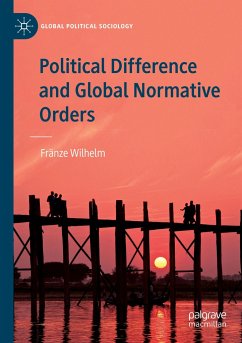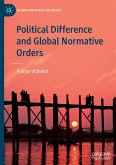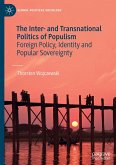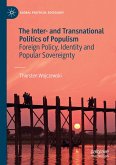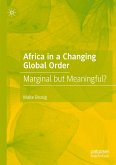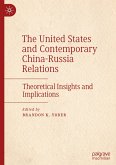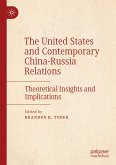Once considered a question of an international order based on consolidated
statehood and homogeneous social communities within national borders, global
order has become a question of alternative political articulations, resistance
movements, and cultural diversity, among others. This book first critically
analyzes the conditions for the struggles of theorizing global normative order in
political and IR theory. Second, to make sense of the presence of difference and
possibility for global normative order in view of the simultaneous absence of first
foundations, the study draws on post-foundational thinking based on the seminal
work of German philosopher Martin Heidegger and Argentine political theorist
Ernesto Laclau. Finally, the author develops a theoretical framework for a
hauntological approach to global normative order that provides an alternative
and theoretically coherent explanation for the emergence of global order. This is
of interest to scholars as well as practitioners (including activists) concerned with
global social relations, global political discourse, and the construction of global
identity and normative order(s).
statehood and homogeneous social communities within national borders, global
order has become a question of alternative political articulations, resistance
movements, and cultural diversity, among others. This book first critically
analyzes the conditions for the struggles of theorizing global normative order in
political and IR theory. Second, to make sense of the presence of difference and
possibility for global normative order in view of the simultaneous absence of first
foundations, the study draws on post-foundational thinking based on the seminal
work of German philosopher Martin Heidegger and Argentine political theorist
Ernesto Laclau. Finally, the author develops a theoretical framework for a
hauntological approach to global normative order that provides an alternative
and theoretically coherent explanation for the emergence of global order. This is
of interest to scholars as well as practitioners (including activists) concerned with
global social relations, global political discourse, and the construction of global
identity and normative order(s).

